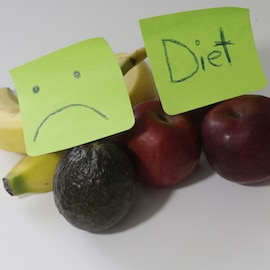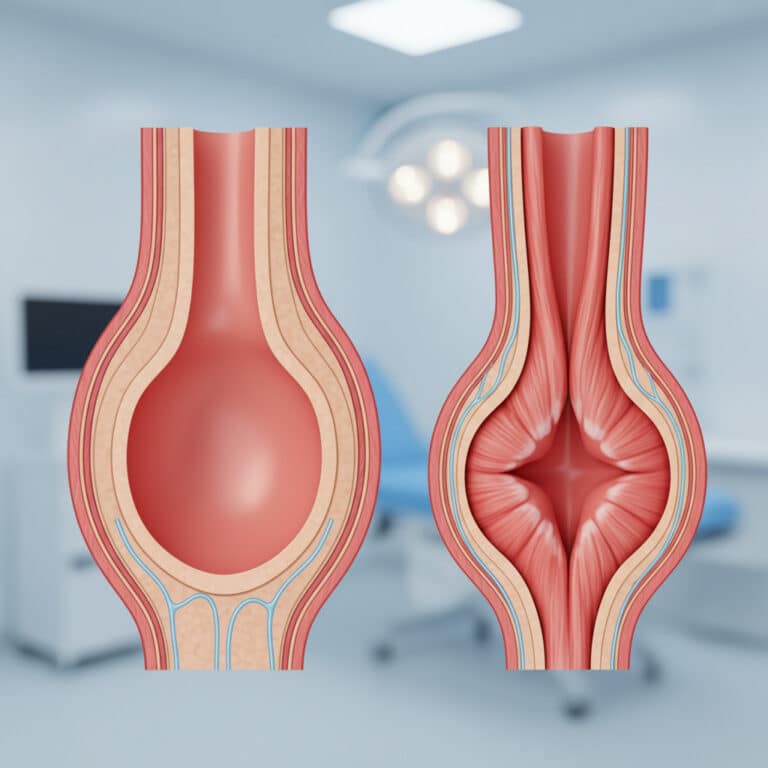Common Habits That Are Sabotaging Your Weight Loss
Losing weight can be a long-term process that requires patience and perseverance. Old habits and unhealthy eating patterns can unintentionally sabotage your weight loss efforts and make it more difficult to shed the pounds.

Losing weight can be a long-term process that requires patience and perseverance. Old habits and unhealthy eating patterns can unintentionally sabotage your weight loss efforts and make it more difficult to shed the pounds. Here are some of the most common habits that could be preventing you from achieving your ideal weight.
Extreme Calorie Restriction
Reducing calorie intake is an important part of losing weight, but severely restricting the number of calories you eat every day is unsustainable and can even prevent you from losing weight. If you consistently eat fewer calories than your body needs, your body will break down muscle tissue in order to make energy.
Cutting Out Entire Food Groups
Cutting entire food groups, such as carbohydrates, from your diet can lead to severe food cravings and mood swings. In addition, your body may not be getting enough of the essential nutrients it needs to maintain optimum health. Similarly, cutting sweet, fatty or treat foods from your diet can lead to a vicious cycle of deprivation and binge eating.
Eating a Diet High in Processed Food
Processed foods and those high in refined sugar can cause the body’s insulin levels to spike and fall suddenly. Fluctuating insulin levels is a major cause of weight gain, food cravings, fatigue and other health problems. Processed foods are also low in vitamins and nutrients, which means that your body may not be getting the nutrients it needs.
Not Tracking Your Diet
One common problem with people who attempt a calorie-restricted diet is that they underestimate the number of calories they have eaten. People often forget to record snacks, drinks and other small meals. These untracked calories can quickly mount up. Similarly, people often overestimate the amount of exercise they have done or calories they have burned.
Eating Too Little Protein
Protein is essential for building muscle and maintaining energy levels throughout the day. Protein also helps you to feel fuller for longer, preventing hunger pangs and food cravings. The average adult needs approximately one gram of protein for every kilogram of body weight.
Consuming Too Many Diet Foods
Diet foods and drinks may contain plenty of vitamins and minerals, but the chemicals and lack of macronutrients means that the human body doesn’t always recognise these low-calorie options as real food. This can lead to food cravings and may even cause inflammation in the body.
Dehydration
Not drinking enough fluids can lead to food cravings and hunger pangs. Even mild dehydration can cause hunger-like symptoms and reduce your ability to concentrate. Coffee, alcohol and some other drinks act as a diuretic and can contribute towards dehydration.
Going It Alone
Lack of support makes it more likely that you will fail to stick to your new diet, exercise plan or healthy lifestyle. Consider exercising with a friend, joining a group or using social media to share your journey and get support from other people.
Losing weight can take time and a great deal of patience. Some habits can make it more difficult to lose weight, and may even cause additional health problems, mood swings or poor concentration. Letting go of unhealthy habits is crucial for achieving your fitness goals.




